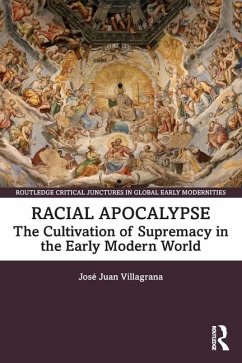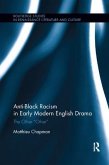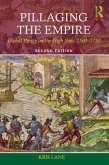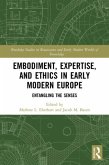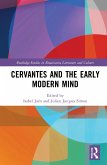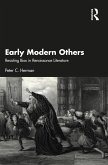This book reveals the relationship between apocalyptic thought, political supremacy, and racialization in the early modern world. The chapters in this book analyze apocalypse and racialization from several discursive and geopolitical spaces to shed light on the ubiquity and diversity of apocalyptic racial thought and its centrality to advancing political power objectives across linguistic and national borders in the early modern period.
By approaching race through apocalyptic discourse, this volume not only exposes connections between the pursuit of political power and apocalyptic thought, but also contributes to defining race across multiple areas of research in the early modern period, including colonialism, English and Hispanist studies, and religious studies.
By approaching race through apocalyptic discourse, this volume not only exposes connections between the pursuit of political power and apocalyptic thought, but also contributes to defining race across multiple areas of research in the early modern period, including colonialism, English and Hispanist studies, and religious studies.
"Racial Apocalypse is an original exploration of how concepts of race emerged in early modern Spain and England through the belief that Christ would establish an eternal kingdom. Villagrana illustrates how a form of white supremacy emerges as Spanish and English Christians struggled to understand how indigenous peoples and Black Africans might be incorporated into the kingdom of God. This book will importantly add to our understanding of how religious doctrine informs racial formation and racism." -- Dennis Austin Britton, University of New Hampshire

